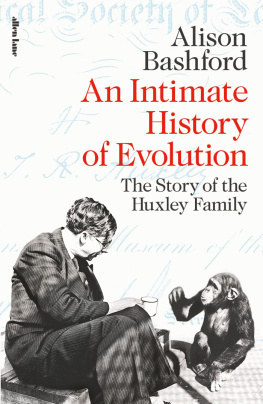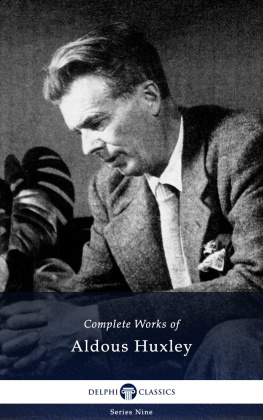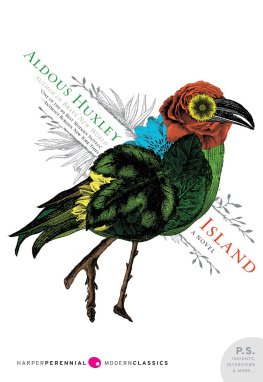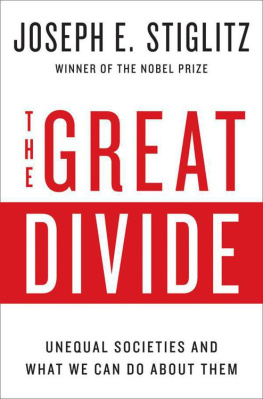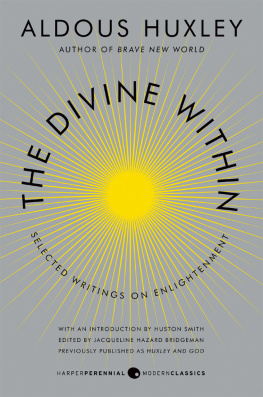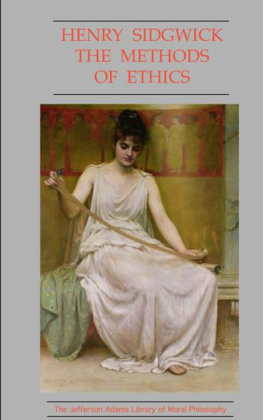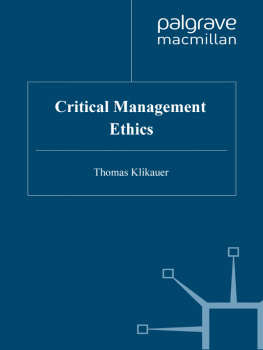PREFACE
THE discourse on "Evolution and Ethics," reprinted in the first half of the present volume, was delivered before the University of Oxford, as the second of the annual lectures founded by Mr. Romanes: whose name I may not write without deploring the untimely death, in the flower of his age, of a friend endeared to me, as to so many others, by his kindly nature; and justly valued by all his colleagues for his powers of investigation and his zeal for the advancement of knowledge. I well remember, when Mr. Romanes' early work came into my hands, as one of the secretaries of the Royal Society, how much I rejoiced in the accession to the ranks of the little army of workers in science of a recruit so well qualified to take a high place among us.
It was at my friend's urgent request that I agreed to undertake the lecture, should I be honoured with an official proposal to give it, though I confess not without misgivings, if only on account of the serious fatigue and hoarseness which public speaking has for some years caused me; while I knew that it would be my fate to follow the most accomplished and facile orator of our time, whose indomitable youth is in no matter more manifest than in his penetrating and musical voice. A certain saying about comparisons intruded itself somewhat importunately.
And even if I disregarded the weakness of my body in the matter of voice, and that of my mind in the matter of vanity, there remained a third difficulty. For several reasons, my attention, during a number of years, has been much directed to the bearing of modern scientific thought on the problems of morals and of politics, and I did not care to be diverted from that topic. Moreover, I thought it the most important and the worthiest which, at the present time, could engage the attention even of an ancient and renowned University.
But it is a condition of the Romanes foundation that the lecturer shall abstain from treating of either Religion or Politics; and it appeared to me that, more than most, perhaps, I was bound to act, not merely up to the letter, but in the spirit, of that prohibition. Yet Ethical Science is, on all sides, so entangled with Religion and Politics that the lecturer who essays to touch the former without coming into contact with either of the latter, needs all the dexterity of an egg-dancer; and may even discover that his sense of clearness and his sense of propriety come into conflict, by no means to the advantage of the former.
I had little notion of the real magnitude of these difficulties when I set about my task; but I am consoled for my pains and anxiety by observing that none of the multitudinous criticisms with which I have been favoured and, often, instructed, find fault with me on the score of having strayed out of bounds.
Among my critics there are not a few to whom I feel deeply indebted for the careful attention which they have given to the exposition thus hampered; and further weakened, I am afraid, by my forgetfulness of a maxim touching lectures of a popular character, which has descended to me from that prince of lecturers, Mr. Faraday. He was once asked by a beginner, called upon to address a highly select and cultivated audience, what he might suppose his hearers to know already. Whereupon the past master of the art of exposition emphatically replied "Nothing!"
To my shame as a retired veteran, who has all his life profited by this great precept of lecturing strategy, I forgot all about it just when it would have been most useful. I was fatuous enough to imagine that a number of propositions, which I thought established, and which, in fact, I had advanced without challenge on former occasions, needed no repetition.
I have endeavoured to repair my error by prefacing the lecture with some matterchiefly elementary or recapitulatoryto which I have given the title of "Prolegomena" I wish I could have hit upon a heading of less pedantic aspect which would have served my purpose; and if it be urged that the new building looks over large for the edifice to which it is added, I can only plead the precedent of the ancient architects, who always made the adytum the smallest part of the temple.
If I had attempted to reply in full to the criticisms to which I have referred, I know not what extent of ground would have been covered by my pronaos. All I have endeavoured to do, at present, is to remove that which seems to have proved a stumbling-block to manynamely, the apparent paradox that ethical nature, while born of cosmic nature, is necessarily at enmity with its parent. Unless the arguments set forth in the Prolegomena, in the simplest language at my command, have some flaw which I am unable to discern, this seeming paradox is a truth, as great as it is plain, the recognition of which is fundamental for the ethical philosopher.
We cannot do without our inheritance from the forefathers who were the puppets of the cosmic process; the society which renounces it must be destroyed from without. Still less can we de with too much of it; the society in which it dominates must be destroyed from within.
The motive of the drama of human life is the necessity, laid upon every man who comes into the world, of discovering the mean between self-assertion and self-restraint suited to his character and his circumstances. And the eternally tragic aspect of the drama lies in this: that the problem set before us is one the elements of which can be but imperfectly known, and of which even an approximately right solution rarely presents itself, until that stern critic, aged experience, has been furnished with ample justification for venting his sarcastic humour upon the irreparable blunders we have already made.
I have reprinted the letters on the "Darkest England" scheme, published in the "Times" of December, 1890, and January, 1891; and subsequently issued, with additions, as a pamphlet, under the title of "Social Diseases and Worse Remedies," because, although the clever attempt to rush the country on behalf of that scheme has been balked, Booth's standing army remains afoot, retaining all the capacities for mischief which are inherent in its constitution. I am desirous that this fact should be kept steadily in view; and that the moderation of the clamour of the drums and trumpets should not lead us to forget the existence of a force, which, in bad hands, may, at any time, be used for bad purposes.
In 1892, a Committee was "formed for the purpose of investigating the manner in which the moneys, subscribed in response to the appeal made in the book entitled 'In Darkest England and the Way out,' have been expended." The members of this body were gentlemen in whose competency and equity every one must have complete confidence; and in December, 1892, they published a report in which they declare that, "with the exception of the sums expended on the 'barracks' at Hadleigh," the moneys in question have been "devoted only to the objects and expended in the methods set out in that appeal, and to and in no others."
Nevertheless, their final conclusion runs as follows: "(4) That whilst the invested property, real and personal, resulting from such Appeal is so vested and controlled by the Trust of the Deed of January 30th, 1891, that any application of it to purposes other than those declared in the deed by any 'General' of the Salvation Army would amount to a breach of trust, and would subject him to the proceedings of a civil and criminal character, before mentioned in the Report, ADEQUATE LEGAL SAFEGUARDS DO NOT AT PRESENT EXIST TO PREVENT THE MISAPPLICATION OF SUCH PROPERTY."



